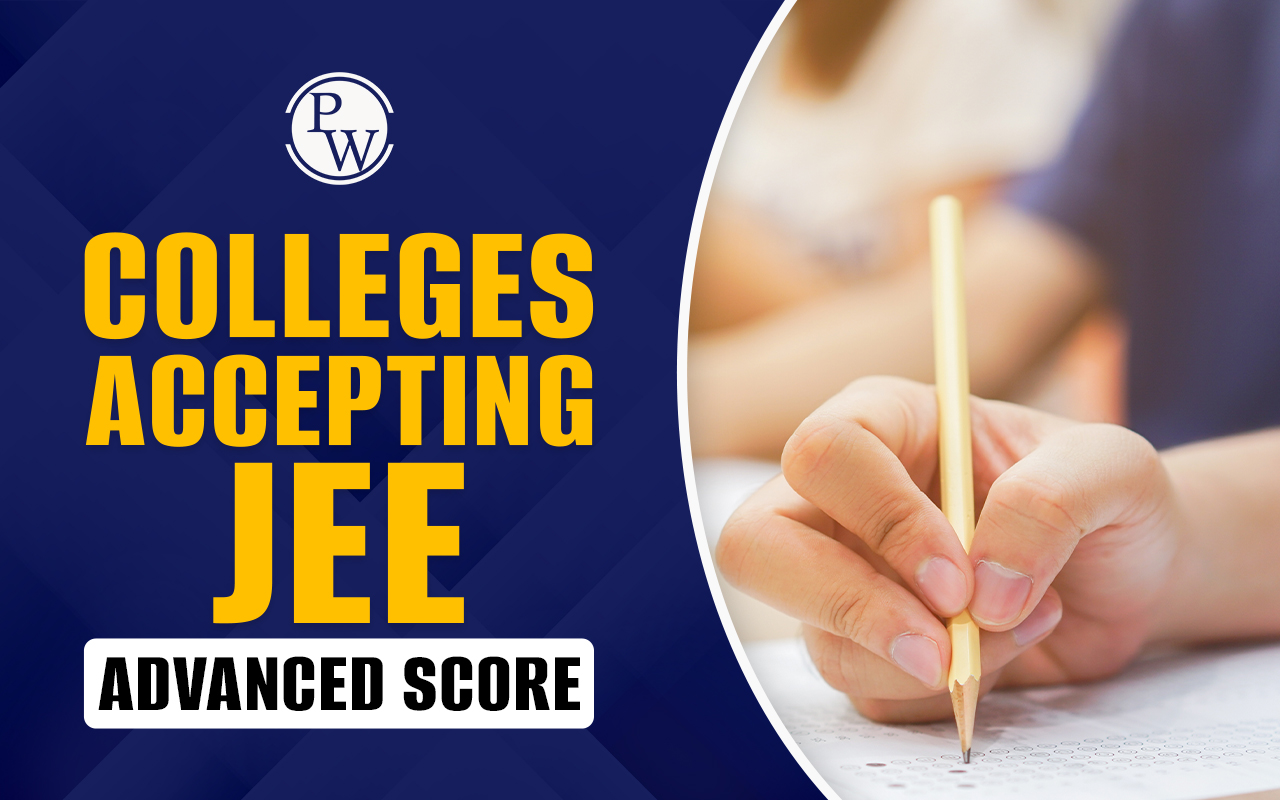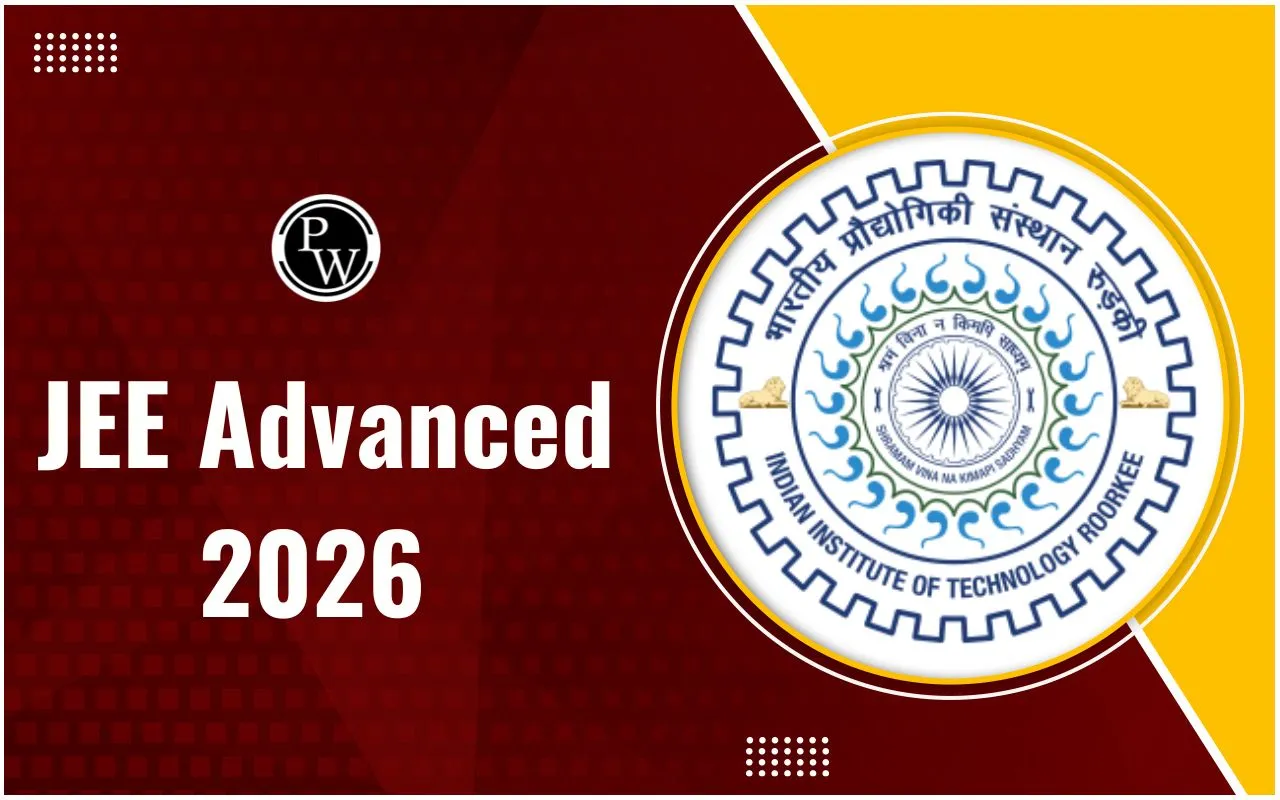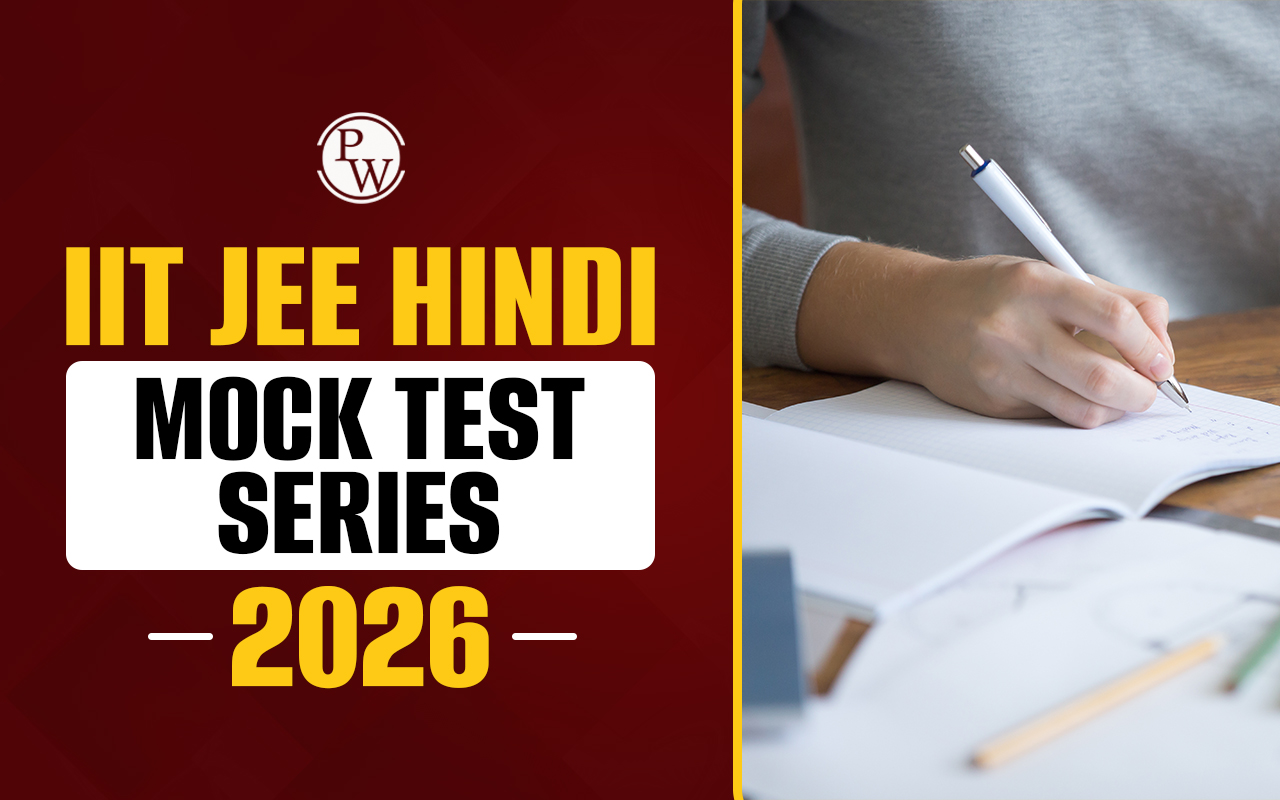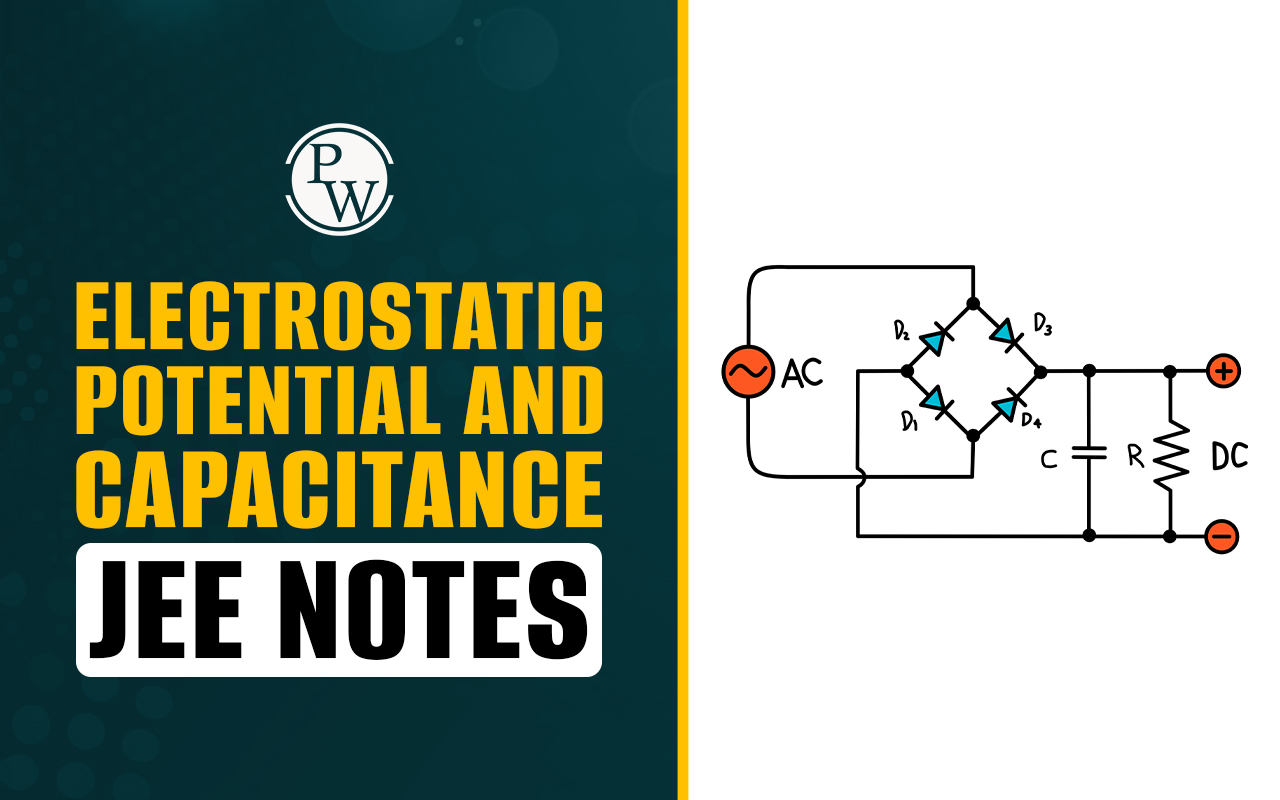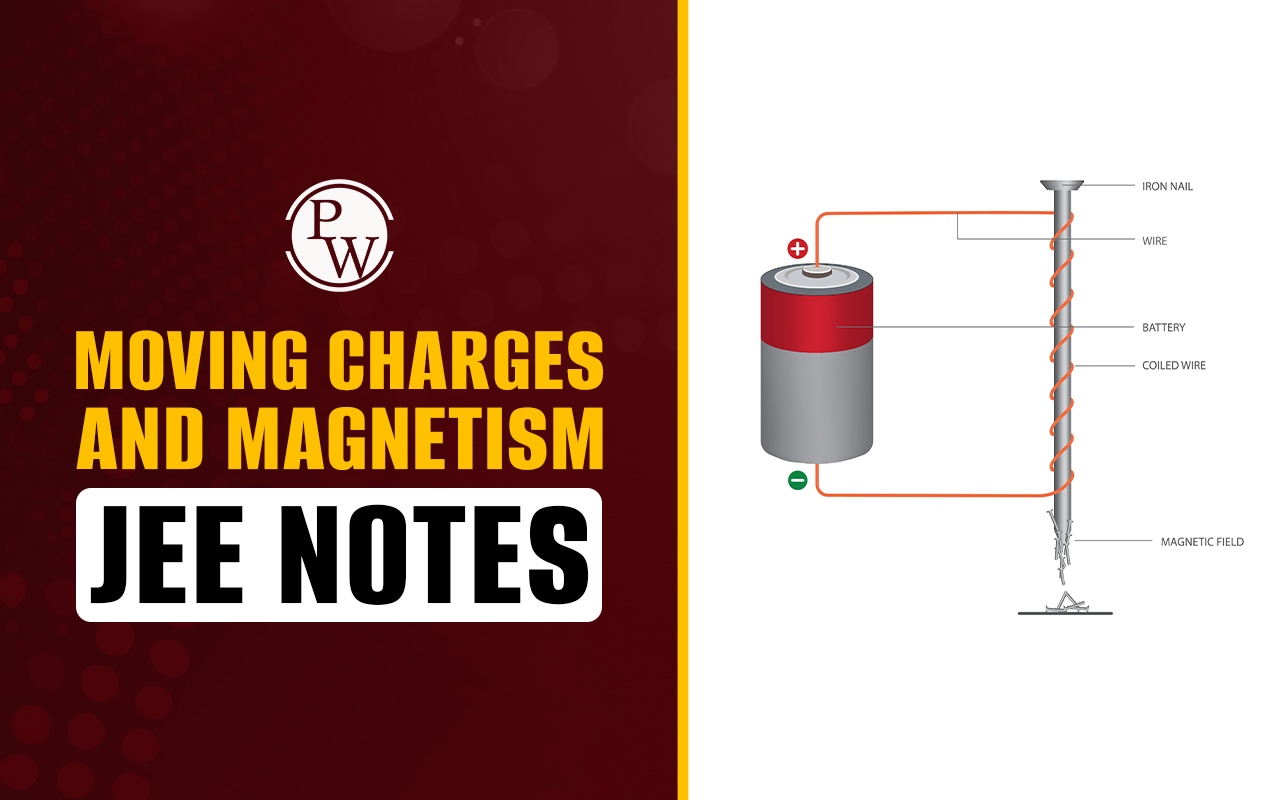

JEE Main 2026 advisory can help in the reduction of errors in applications. Further, it will be a preventive step to avoid mismatched records and ensure smoother processing during the exam cycle. Therefore, students are advised to follow the instructions carefully to avoid unnecessary rejection or delays.
JEE Main 2026 is a competitive national-level entrance test for engineering aspirants in India. Those students who qualify for this test can get admission into undergraduate programmes at NITs, IIITs, and other government-recognised institutions. In addition, JEE Main scores are also used as the qualifying criteria for students who want to appear in JEE Advanced.
This year, NTA has released an advisory before the beginning of registrations. This advisory instructs candidates to correct errors in Aadhaar details, certificates, and scanned documents well in advance. Such early guidance is uncommon, but it reflects the growing need for accuracy in student records. The focus is not only on identity proof, but it will also ensure that caste and disability certificates are consistent with government regulations. Furthermore, Students are therefore advised to treat this advisory as the first step in their application journey.
JEE Main 2026 Advisory Download Link
NTA has uploaded the official advisory notice in PDF format on its official web portal. Students who are preparing for JEE Main 2026 should download and read it thoroughly before starting the application. Moreover, this document explains in clear terms how to update personal details and prepare the required certificates.
Candidates can click here to download the JEE Main 2026 Advisory
Download JEE Main 2026 Advisory PDF
JEE Main 2026 Advisory Overview
The advisory focuses on specific areas where applicants should be careful. NTA has listed Aadhaar details, caste category certificates, disability records, and scanned document quality to be verified on a priority basis. Further, the NTA advisory summary is presented in the table given below:
|
JEE Main 2026 Advisory Overview |
|
|---|---|
|
Particulars |
Details |
|
Conducting Authority |
National Testing Agency (NTA) |
|
Exam Name |
JEE Main 2026 |
|
Advisory Release Date |
29 September 2025 |
|
Advisory Focus |
Aadhaar, UDID, category certificates, and personal details update |
|
Objective |
To reduce errors in applications and ensure smooth document verification |
Note: This table presents only a summary of the NTA advisory. Students are advised to read the original advisory on the NTA website to be aware of the complete instructions.
JEE Main 2026 Advisory Details
NTA advisory released on 29 September 2025 focuses on correcting errors before they turn into problems at later stages of the JEE Main examination. Under this, the correction of Aadhaar cards has been specifically addressed. It is because many applications in past years were delayed due to name mismatches or incorrect dates of birth. Additionally, aspirants are asked to ensure that Aadhaar details match their school records and mark sheets.
In addition, NTA requires the candidates to upload valid and updated caste certificates during the JEE Main 2026 application process. Certificates must be valid and in an acceptable format as per government norms. Similarly, aspirants with benchmark disabilities must present a Unique Disability ID (UDID) certificate for verification. Any discrepancy between the uploaded record and the official format could lead to rejection.
By addressing these matters before registration begins, NTA is trying to eliminate last-minute issues and make the application system more reliable for both students and authorities.
JEE Main 2026 Documents Required
To prevent delays, aspirants should prepare the required documents in advance. Candidates should ensure that all documents are accurate, valid, and in the defined format. It will help avoid last-minute hassles during the registration process. Along with this, proper preparation ensures smooth verification and reduces the risk of application rejection.
The following table summarises the records to be kept ready for submission:
|
Documents Required for JEE Main 2026 |
|
|---|---|
|
Document |
Purpose |
|
Aadhaar Card |
To verify personal details like name, date of birth, and gender |
|
Category Certificate |
For SC, ST, OBC-NCL, and EWS candidates |
|
UDID Certificate |
Required for candidates with benchmark disabilities |
|
Scanned Photograph |
For identification during the exam and the admit card |
|
Scanned Signature |
For verification of application form |
|
Class 10 Mark Sheet |
Proof of date of birth and academic record |
|
Class 12 Mark Sheet |
Verification of academic eligibility |
Note: Class 10 and 12 marksheets may be required during the document verification process. They must be prepared in advance. All scanned files should be clear, properly cropped, and in the prescribed size and format to avoid technical errors during upload.
JEE Main 2026 Registration Update
The advisory makes it clear that corrections in Aadhaar, caste certificates, and UDID must be completed before registration opens. Once the JEE application form is submitted, no further corrections are allowed. Past experience shows that mismatched details often cause rejection or delay in issuing admit cards.
For this reason, aspirants should carefully verify their personal data before pressing the final submit button. Simple checks like spelling of the name, date of birth, and clarity of scanned photographs can prevent rejections at later stages. Students are also reminded that once the payment of fees is made, a limited number of edits can be made in applications.
JEE Main 2026 Advisory FAQs
Why has NTA released the JEE Main 2026 advisory in advance?
What documents must be ready for JEE Main 2026?
How do students update Aadhaar for JEE Main 2026?
What happens if an aspirant uploads unclear documents?
Where can the JEE Main 2026 advisory be downloaded?


